Hokkien - Hokkien Language Assistant
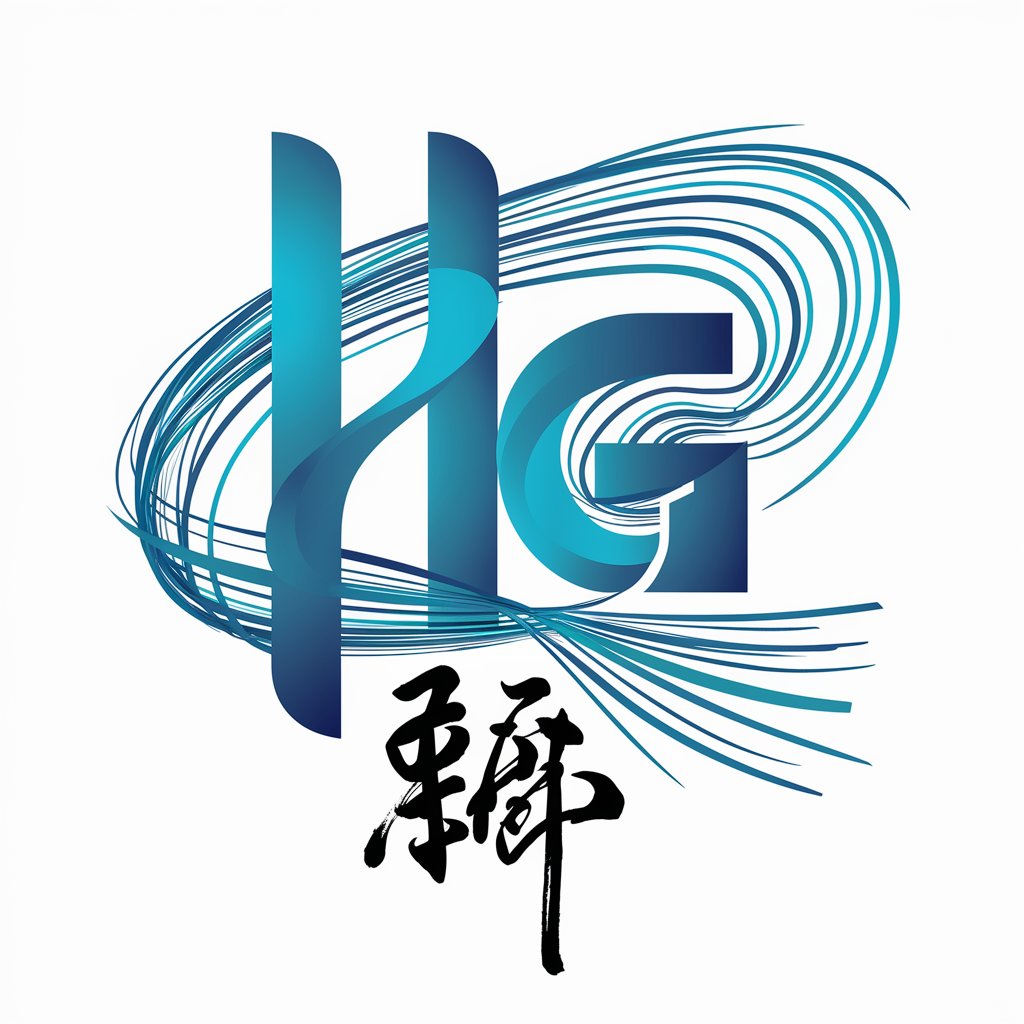
Hello! Let's explore the Hokkien language together.
Unlock Hokkien: AI-Powered Language Learning
Translate the following sentence into Hokkien:
What are some key cultural aspects of regions where Hokkien is spoken?
Explain a common misconception about the Hokkien language.
Can you recommend some resources for learning Hokkien?
Get Embed Code
Introduction to Hokkien GPT
Hokkien GPT is designed as a specialized artificial intelligence to facilitate understanding and engagement with the Hokkien language and culture. Hokkien, a variety of Southern Min Chinese spoken primarily in Taiwan, Fujian province in China, and by overseas Chinese communities in Southeast Asia, is known for its rich cultural heritage and linguistic diversity. This GPT aims to bridge language barriers, provide cultural insights, and support language learning through advanced natural language processing capabilities. For example, users can receive translations of phrases from English to Hokkien, learn about traditional Hokkien festivals through detailed explanations, or get assistance in understanding Hokkien spoken in different regions with specific dialectal nuances. Powered by ChatGPT-4o。

Main Functions of Hokkien GPT
Language Translation
Example
Translating 'How are you?' into Hokkien would yield 'Lí hó bô?'
Scenario
A user planning to visit Taiwan interacts with the GPT to learn basic Hokkien phrases for daily communication.
Cultural Insights
Example
Explaining the significance of the Mid-Autumn Festival in Hokkien culture, including traditions like mooncake sharing.
Scenario
A student researching Asian cultures uses the GPT to gather information on Hokkien festivals for a school project.
Language Learning Support
Example
Providing resources and tips for mastering Hokkien pronunciation, such as the tone system.
Scenario
A language enthusiast uses the GPT to find effective strategies and resources for learning Hokkien.
Regional Dialect Clarification
Example
Clarifying differences between Taiwanese Hokkien and Xiamen Hokkien in pronunciation and vocabulary.
Scenario
A linguist studying dialectal variations within Hokkien engages with the GPT to deepen their research findings.
Ideal Users of Hokkien Services
Language Learners
Individuals or students interested in learning Hokkien as a second language, seeking resources, translations, and practice opportunities to enhance their linguistic skills.
Cultural Researchers
Academics, students, and enthusiasts exploring the cultural aspects of Hokkien-speaking regions, looking for in-depth insights into traditions, festivals, and everyday practices.
Travelers and Expatriates
People planning to visit or relocate to Hokkien-speaking areas who wish to communicate effectively with locals and immerse themselves in the culture through language understanding.
Linguists and Dialectologists
Professionals studying the Southern Min dialects, including Hokkien, interested in exploring linguistic features, regional variations, and historical development of the language.

How to Use Hokkien
1
Start with a free trial at yeschat.ai, offering instant access without the need for login or a ChatGPT Plus subscription.
2
Familiarize yourself with basic Hokkien phrases and pronunciations. Use interactive tools and audio resources available online to improve your listening and speaking skills.
3
Engage in language exchange or find a Hokkien-speaking partner to practice conversational skills. Utilize chat rooms or language exchange apps designed for language learners.
4
Explore cultural content in Hokkien, such as movies, music, and podcasts, to gain insights into colloquial usage and cultural nuances.
5
Practice regularly by incorporating Hokkien into daily activities. Label objects around you in Hokkien, try writing a diary in the language, or narrate your day-to-day tasks to reinforce learning.
Try other advanced and practical GPTs
Bhojpuri
Explore Bhojpuri: AI-Powered Language & Culture
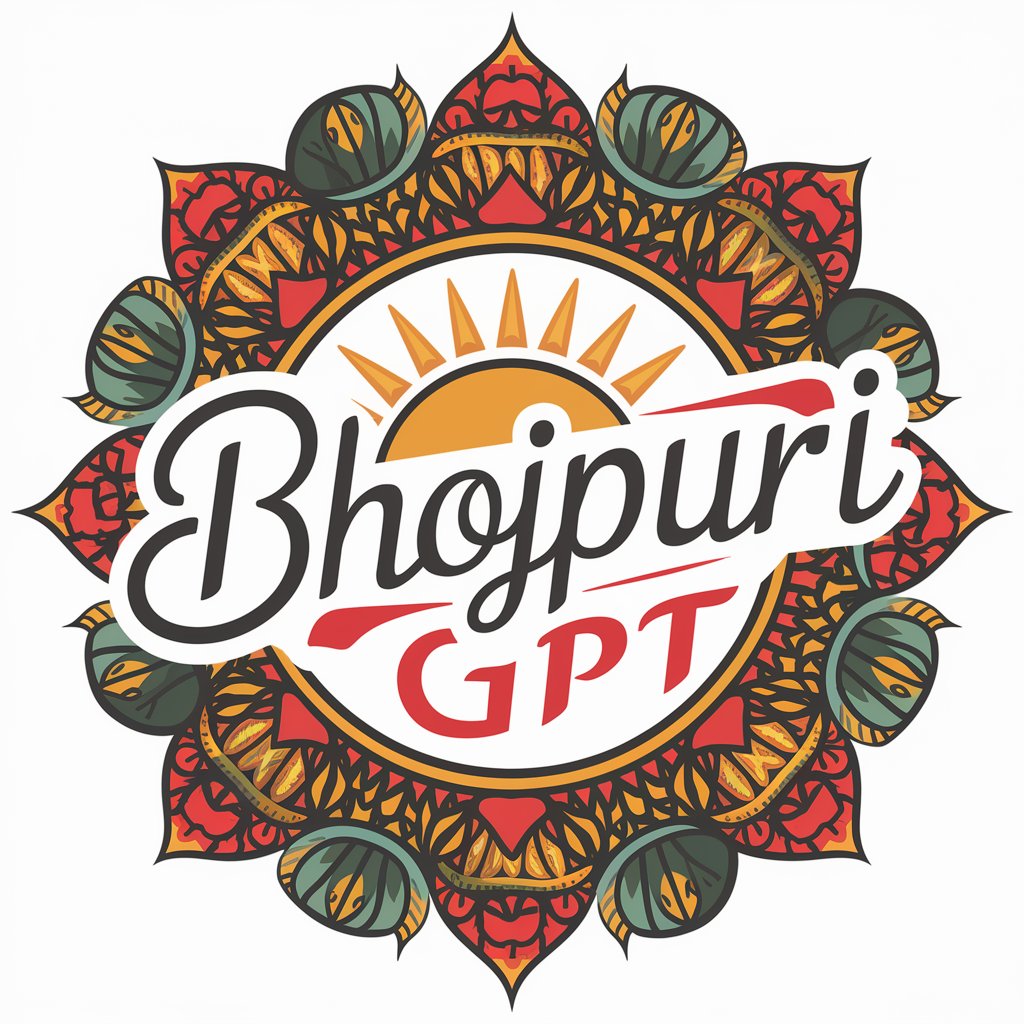
Marathi
Unlock Marathi with AI Assistance
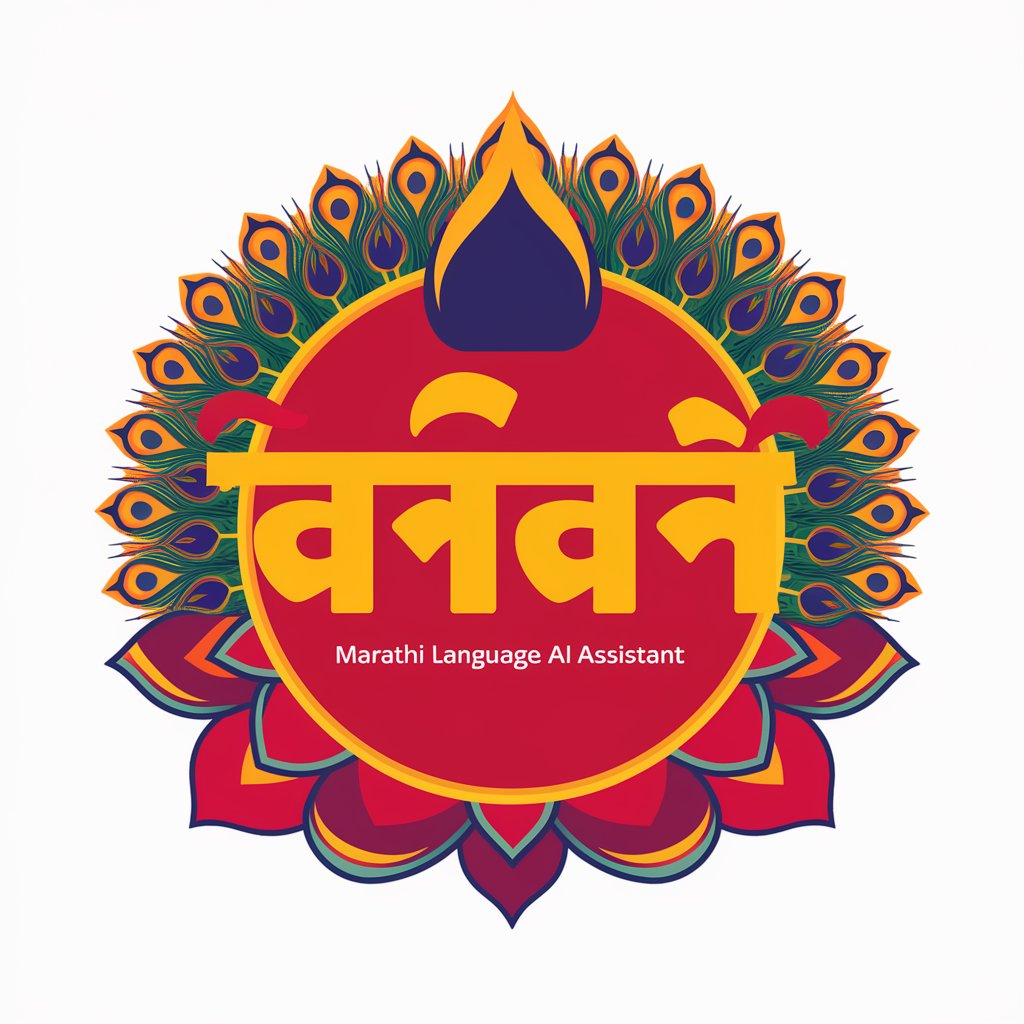
Tamil
Explore Tamil with AI-powered Insights
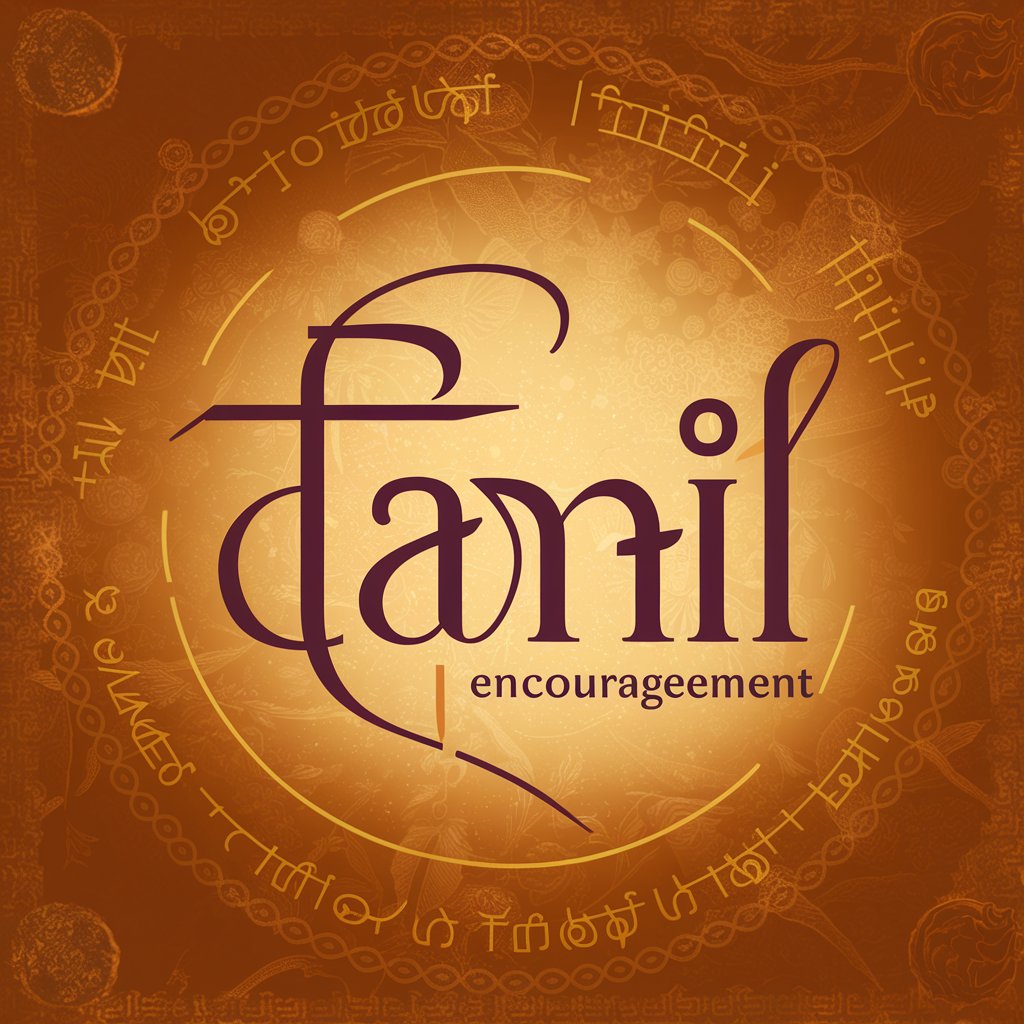
Mandarin
Empower Your Mandarin Journey with AI
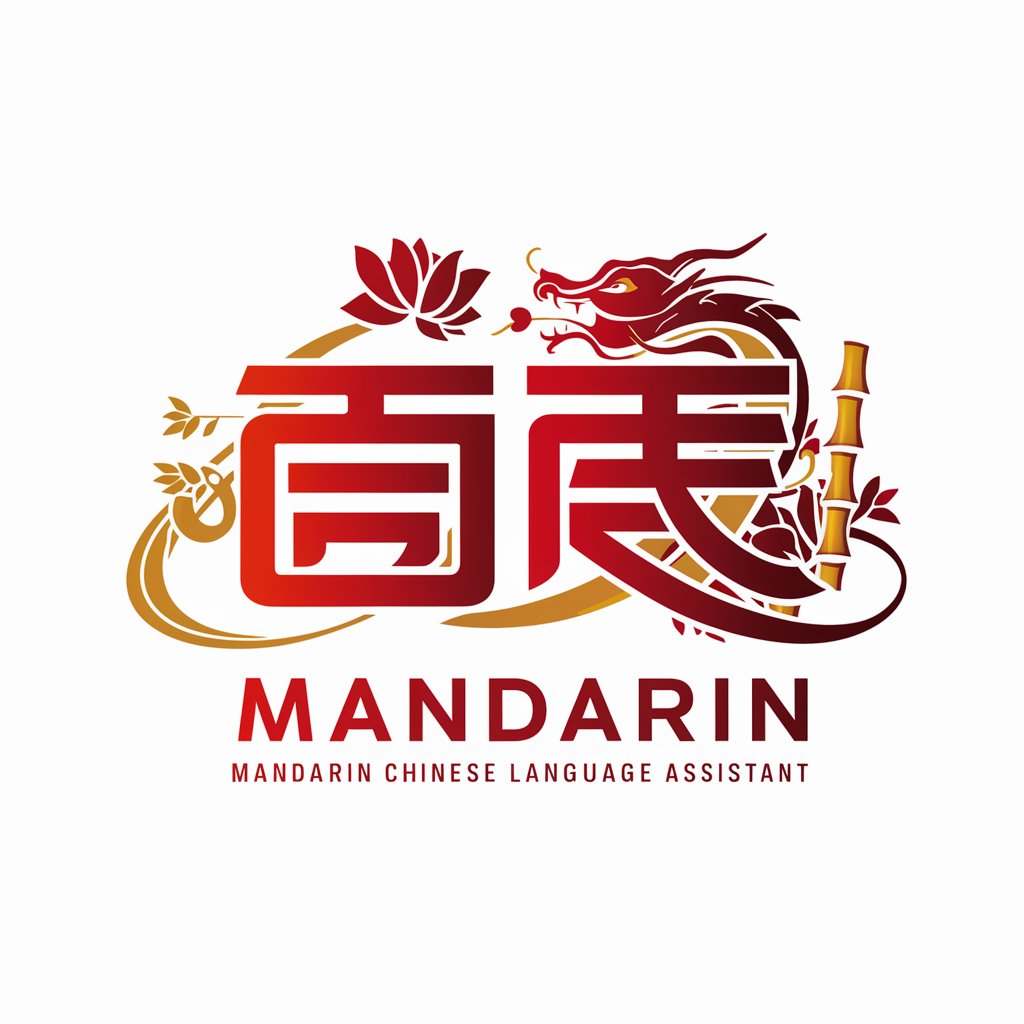
Arabic for Beginners
Empower your Arabic with AI
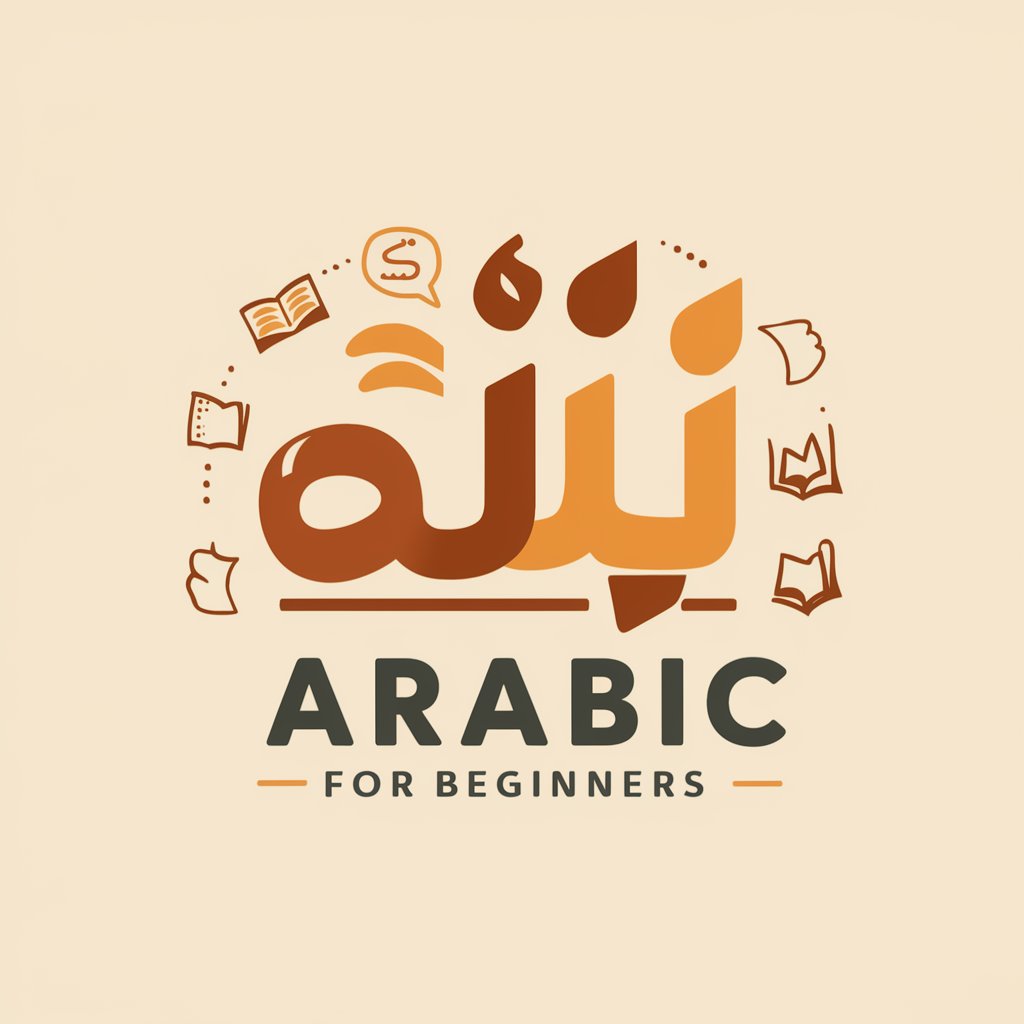
Video Gaming
Elevate Your Game with AI

Fable Sensei
Crafting Stories, Enhancing Languages

Thoughtful Gifts
Discover the perfect gift with AI

Case Transformer
Transform Text Seamlessly with AI

Primary Source Analyzer
Unravel history with AI-powered analysis
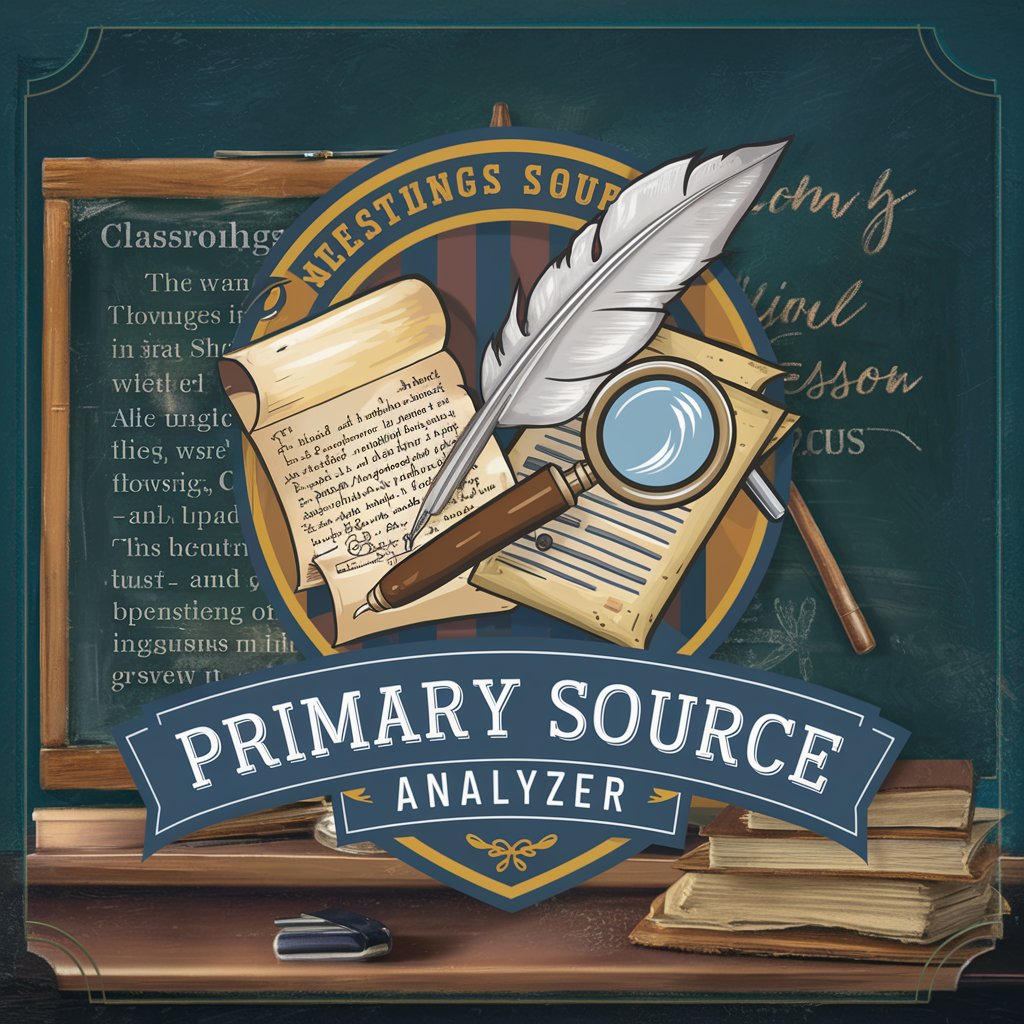
Gift Helper
Personalized gifting made easy with AI

Acrostic Poem Generator
Crafting personalized poems with AI

Hokkien Q&A
What is Hokkien?
Hokkien is a Chinese dialect from the Fujian province, widely spoken in Taiwan, Singapore, Malaysia, and among overseas Chinese communities. It has its own unique pronunciation, vocabulary, and expressions.
How different is Hokkien from Mandarin?
Hokkien and Mandarin are both Chinese dialects but differ significantly in pronunciation, vocabulary, and syntax. Mandarin is the official language of China and Taiwan, while Hokkien is a regional dialect with its own cultural and linguistic identity.
Can I learn Hokkien online?
Yes, there are numerous resources online to learn Hokkien, including language apps, websites offering courses and tutorials, and community forums for language exchange.
Is Hokkien useful for business?
Hokkien can be very useful in business, especially if you are dealing with clients or partners in regions where Hokkien is widely spoken, such as Taiwan, Singapore, and parts of Southeast Asia.
Are there any cultural tips I should be aware of when speaking Hokkien?
Understanding cultural context is crucial. Hokkien speakers appreciate politeness and respect for elders. Learning about customs and traditions can help in communicating more effectively and respectfully.
